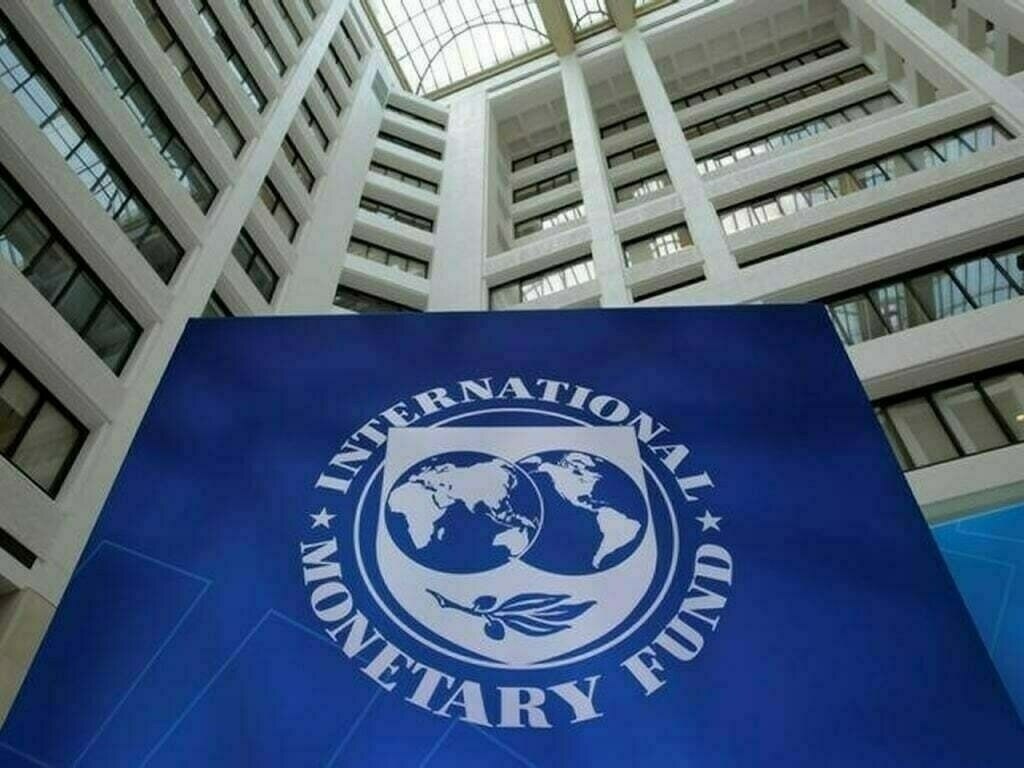Islamabad, Nov 2: According to the International Monetary Fund (IMF), geo-economic shifts, conflicts, climate change risks,
and country circumstances combine to make MENA and Pakistan economies precarious at best for recovery.
The Fund in its latest report, “Regional Economic Outlook, Navigating the Evolving Geo-economic Landscape”
had noted that MENA oil importers together with Pakistan are still facing conflicts (Gaza, Sudan), uncertainty and high gross financing requirements.
The above will gradually unwind and oil prices will come off, near-term growth will rebound from 1.5percent in 2024 to the range of 3.9percent in 2025.
Nevertheless, a range of structural gaps will limit productivity growth in some economies over the forecast period, as the Fund stated.
The momentum of reform has certainly declined, and various opportunities exist for more reform including
the liberalisation of interest rates (Egypt, Morocco, Oman, Pakistan),
the greater opening up of the banking sector to private enterprise (Algeria, Egypt, GCC, Morocco, Tunisia), and the development of capital markets.
The fund mentioned that it expects average growth in the MENA region to continue to be weak at 2.1% in
2024 and to rise to 4.0% in 2025, down from the April’s MENA estimates of 2.7% and 4.2%, respectively.
Of course, experiences also differ significantly across the area.
Historically, the MENA oil exporters have got off lightly; still, new geopolitical factors assert pressures to the broader regional bloc.
However, the twin surpluses that have helped to shield the economy from shocks have begun to decline as
fresh ambitious investment plans meant for the purpose of rebalancing the economy are rolled out besides voluntary oil cutbacks.
Some of the MENA oil importers experienced poor growth as a result of conflict, uncertainties and country factors.
Higher rates of growth in some member economies in the first quarter of 2024:
Agriculture spending (Mauritania), security and climate (Somalia), flood recovery and manufacturing increasing apparels & pharmas (Pakistan). For MENA, EM&MIs and Pakistan,
it is anticipated that the growth to decelerate to 2.4% in 2024 and then increase to 3.6% in 2025 as per the forecast made in April this year
For Morocco and Pakistan, optimists point at the signs that have depicted usualisation in the agricultural productivity and the enhancement of both the industrial and service segments.
The report also pointed out that the companies’ financing requirements should remain rather significant.
Total gross public financing requirements for MENA EM&MIs and Pakistan are expected to reach $268.2bn in 2025 –
or 101 percent of fiscal revenues – slightly up from $260.6bn in 2024.
In contrast, Beckley and Skillrud (2007) predicted that structural reforms
and official financing will lead to the growth of gross foreign reserves in some countries (Egypt, Jordan, Morocco, and Pakistan).
Elsewhere, for countries grappling with persistently elevated inflation
(Egypt, Kazakhstan, Pakistan, Tunisia, and Uzbekistan), monetary policy should remain tight, the report noted.
AFP adds: Gaza, Lebanon and Sudan will take decades to recover from the conflicts raging on their soil,
the International Monetary Fund (IMF) said on Thursday after downgrading the region’s growth forecast.
Israel’s military actions against Hamas in the Gaza Strip and Hezbollah in Lebanon, and Sudan’s civil war would have enduring impacts, the IMF said.
“The damage caused by these conflicts will leave lasting scars at their epicentres for decades,”
the global lender said in a statement.
The IMF has lowered its predicted growth for the Middle East and Central Asia to 2.1 percent for 2024,
a drop of 0.6 percent due to the wars and lower oil production.
Depending on the conflicts, growth should rise to 4.0 percent next year,
according to the IMF’s Regional Economic Outlook which was compiled in September.
“This year has been challenging with conflicts causing devastating human suffering and lasting economic damage,”
Jihad Azour, the IMF’s Middle East and Central Asia Department director, told reporters in Dubai.
“The recent escalation in Lebanon has greatly increased the uncertainty in the whole MENA region.”
But “conservative” estimates show a 9.0-10 percent contraction this year, Azour said.
“The impact (on Lebanon) will be severe and it will depend how long this conflict will last,” said the former Lebanese finance minister.
Saudi-led oil cuts through the OPEC+ cartel, aimed at propping up prices, “are contributing to sluggish near-term growth in many economies”, the IMF said.
Downside risks continue to dominate, the lender said, including fluctuating commodity prices, conflicts and climate shocks.









